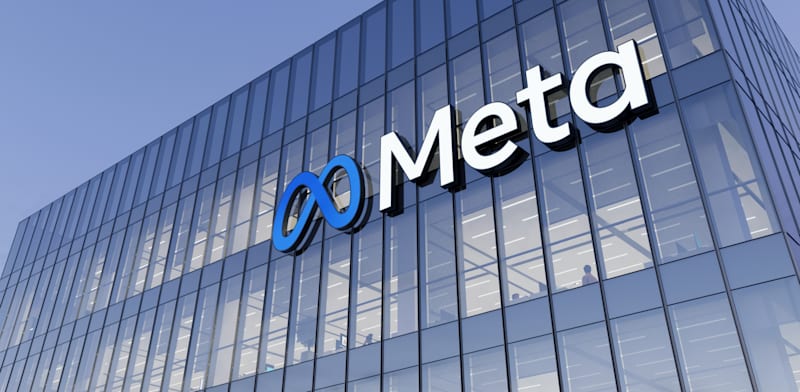Listed Indian companies could be allowed to launch qualified institutional placement (QIP) of shares through exchanges at International Financial Service Centres (IFSCs) using an abridged prospectus, according to a working group report.
The working group, comprising representatives from the market regulator, the IFSC Authority (Ifsca), ministry officials, bankers, and exchange officials, submitted its report on direct listing in IFSC exchanges last week.
“International exchanges at the IFSC can act as a driver to attract foreign capital into Indian companies through QIP issuances to select large institutional investors, particularly considering the benefits in terms of transactions in foreign currency, exemptions to eligible foreign investors from permanent account number (PAN), and income-tax return (ITR) filing requirements, etc,” the report states.
Earlier this month, Ifsca Chairperson K Rajaraman had indicated a timeline of April 2024 to facilitate direct listing at the maiden IFSC, GIFT City in Gujarat.
“We are trying to democratise the set-up by offering more choices to Indian issuers. Unlisted companies will have a choice to come directly on the IFSC exchanges, and listed companies will have the alternative of doing a further issue — in the form of a QIP or a follow-on public offering on IFSC exchanges,” said V Balasubramaniam, managing director and chief executive officer, NSE International Exchange (IX), and a member of the working group.
Balasubramaniam said valuation would play a key role in how these firms were being valued among global investors. “This will enable more firms to come up with offers. At the NSE IX, we are fully geared up for the listings,” he said.
The group has submitted a few tax-related suggestions to incentivise non-resident entities to participate in direct listing.
The report recommends that the tax on dividends be reduced to 10 per cent for shareholders at IFSCs and that the exemption from obtaining PAN and return filing be extended to the eligible foreign investors even if they earn dividend income from the shares of Indian companies listed on IFSC exchanges, with certain conditions.
The working group has recommended a direct depository connect model between depositories in India and at the IFSCs to enable the issuance of new equity shares directly by the IFSC depository and to enable the transfer of existing shares.
For mutual funds, the working group has recommended a separate overseas limit over and above the current limit of $7 billion, earmarked specifically for investing in IFSC-listed firms.
“To begin with, 1 per cent of the total assets under management (AUM) of the domestic mutual fund industry may be considered for investments in IFSC,” says the report.
Further, the companies may be allowed to file a common offer document for both the Securities and Exchange Board of India (Sebi) and Ifsca. At the initial stage, the issuer may also be permitted to file offer documents by Sebi-registered merchant bankers. However, the date of listing will have to be the same in both jurisdictions.
On minimum public shareholding, the group has recommended that a company listed in both jurisdictions be required to comply with the requirement separately to ensure free float in both markets. Sebi regulations mandate a 25 per cent minimum public shareholding.
Additionally, buybacks may be permitted in the IFSC only through the tender offer route.
The report also delves into other details like voluntary delisting, disclosures, surveillance, and information sharing between the two regulators.
While the report suggests mandatory PAN for foreign portfolio investors in IFSCs, it has recommended a unique identifier for other foreign investors.
“In respect of other eligible foreign investors, considering that PAN is not mandatory for entities trading in IFSCs, there is a need to have adequate mechanisms to ensure that the clients trading in IFSCs are uniquely identified. It is suggested that Ifsca, in consultation with the stakeholders, develop a unique identifier (such as the legal entity identifier code for corporate bodies),” says the report.
Ifsca will now take this report for approval to its board, which will iron out the joint listing issues and provide clarity on the action points for Sebi, Ifsca, the Reserve Bank of India (RBI), and the finance ministry, said officials.
















